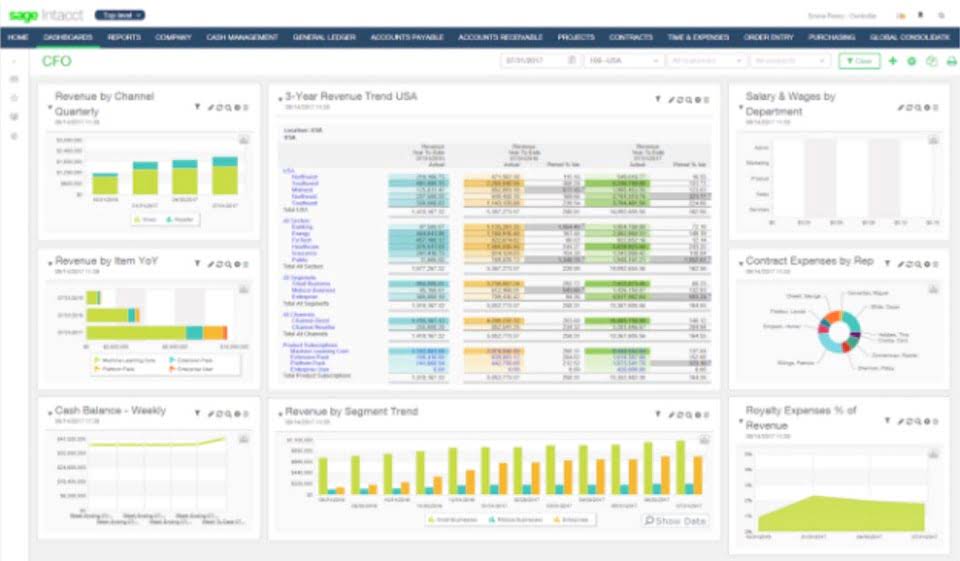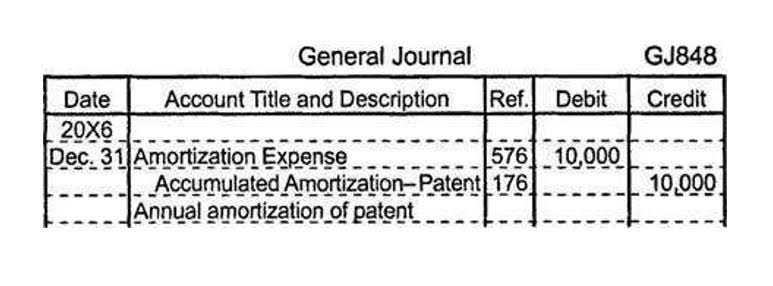In Germany and Austria, the legal foundation of the AG is the German Aktiengesetz (abbr. AktG; “shares legislation”) or the Austrian Aktiengesetz (abbr. AktG). The equivalent time period within the Uk and Republic of Eire is PLC. The United States equal is “publicly-held/open corporation.” It is usually considered equal to an S.A.
The Supervisory Board, typically non-executive, offers oversight and steerage while safeguarding shareholder interests. In Germany, the co-determination precept usually mandates employee illustration on the Supervisory Board, ensuring numerous views in decision-making. This structure promotes balanced governance by aligning the interests of various stakeholders. What is the significance of the Stock Corporation Act in establishing an AG?
What’s Account Statement? – Account Statement Monetary Definition
Being listed on the stock trade also creates extra disclosure requirements. David is comprehensively skilled in plenty of facets of monetary and legal analysis and publishing. As an Investopedia truth checker since 2020, he has validated over 1,a hundred articles on a extensive range of economic and funding topics. Julia Kagan is a financial/consumer journalist and former senior editor, personal finance, of Investopedia.
Antonyms (opposites Or Other Legal Forms):
On the opposite hand, GmbHs are personal entities that don’t trade shares publicly. Their shareholders additionally take pleasure in restricted liability protection but maintain a more easy aktiengesellschaft meaning ownership structure. Understanding the intricacies of AG taxation and monetary management is essential for anyone contemplating forming or investing in a public limited company in Germany. Though both the GmbH and the AG are capital firms, there are differences between the legal types. The AG enjoys a lot larger esteem and a greater status as a legal type. This is a good benefit when coping with banks, suppliers and prospects.
- Julia Kagan is a financial/consumer journalist and former senior editor, personal finance, of Investopedia.
- Additionally, shares usually come with voting rights, so shareholders can dictate the path of the company, and the ability one holds is decided by the amount of shares that one possesses.
- AG firms trade publicly on stock exchanges with nearly all of companies buying and selling on the DAX.
- In this section, we delve into corporate tax rates, private earnings taxes for shareholders, dividend taxation, and fiscal year concerns.
- If your heart is ready on an AG, think about a small AG, as this may supply a workaround to a variety of the extra onerous forms of this legal form.
Governed by the German Stock Company Act (Aktiengesetz), an AG can issue publicly traded shares, offering access to capital markets. This characteristic distinguishes it from entities just like the Gesellschaft mit beschränkter Haftung (GmbH), which typically lacks such access. Aktiengesellschaft is a German time period made up of words meaning share and company. An AG is a enterprise owned by shareholders which may be traded on a inventory market.
The registered capital is split into shares and must quantity to a minimum of CHF 100’000 of which 20%, however at least CHF 50’000 must be paid in. Deductions, credits, and exemptions, similar to incentives for research and development (R&D), can cut back tax liabilities. Corporations with cross-border operations must comply with switch pricing regulations to keep away from penalties. Effective tax management enhances the monetary stability and competitiveness of an Aktiengesellschaft.
Translation Of Aktiengesellschaft – German–english Dictionary
An Aktiengesellschaft (AG) is a German term used to describe a selected kind of corporation that provides shares to most of the people and is listed on a inventory exchange. This corporate structure comes with its unique benefits and necessities https://www.1investing.in/. However, the management board might ask the shareholders to resolve on an operational issue to safeguard themselves. German companies which are publicly traded are designated as such by the letters ‘AG’ after the company name.
In conclusion, understanding the differences between Aktiengesellschaft (AG) and Gesellschaft mit beschränkter Haftung (GmbH) is essential when beginning or expanding your small business in Germany. Weighing their benefits and disadvantages will allow you to make knowledgeable choices based mostly on your unique state of affairs. Whether it’s the transparency, market presence, or flexibility that issues most to you, each AG and GmbH offer useful constructions tailor-made to varied enterprise wants. Shareholders in an AG have the ability to appoint and dismiss the members of the managing board and supervisory board during the annual common assembly (AGM). The AGM is the very best decision-making physique for shareholders, who vote on vital issues that have an result on their pursuits.
In this part, we’ll delve into their histories, success components, market presence, and trade affect. Nennbetragsaktien (nominal shares) are denominated at a certain worth, whereby the minimal quantity have to be one euro, and only complete amounts are permitted. Stückaktien (individual shares) are not denominated in a sure amount however symbolize a onerous and fast portion of the share capital. Transparency and accountability are crucial for an Aktiengesellschaft (AG), achieved by way of rigorous financial reporting.
Shareholders train power over controlling insurance policies at frequently scheduled basic conferences. The managing board decides on all operational issues, and the supervisory board carries them out. In the case of the limited liability firm, the bodies are the shareholders’ basic meeting and the management.
Nonetheless, each decision should be supported by a number of shareholders who hold many of the shares. The shareholders even have the management perform and monitor the administration. Taxation considerably impacts the operations and profitability of an Aktiengesellschaft (AG). The corporate tax fee in Germany is 15%, with a 5.5% solidarity surcharge, resulting in an efficient price of 15.825%. AGs are additionally subject to trade tax (Gewerbesteuer), which varies by municipality but usually ranges between 14% and 17%. Shareholder rights and voting mechanisms are central to the governance of an Aktiengesellschaft (AG).










